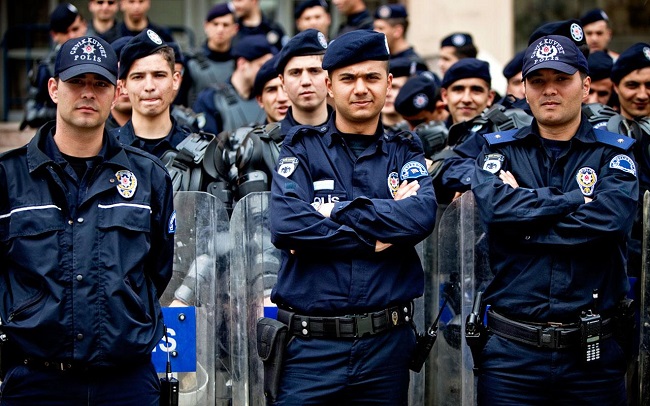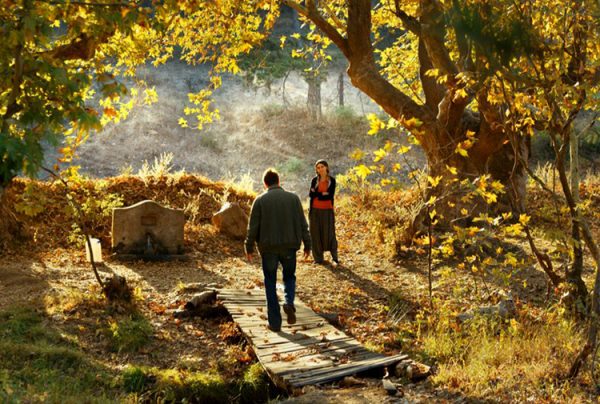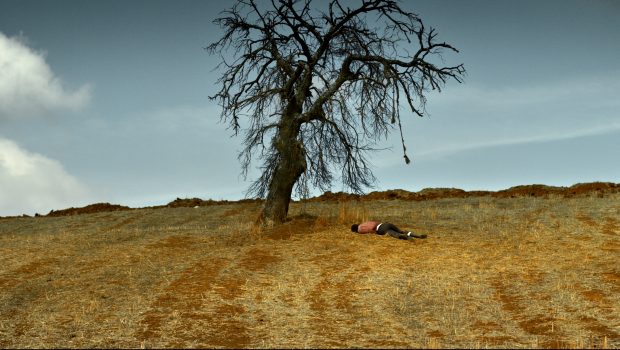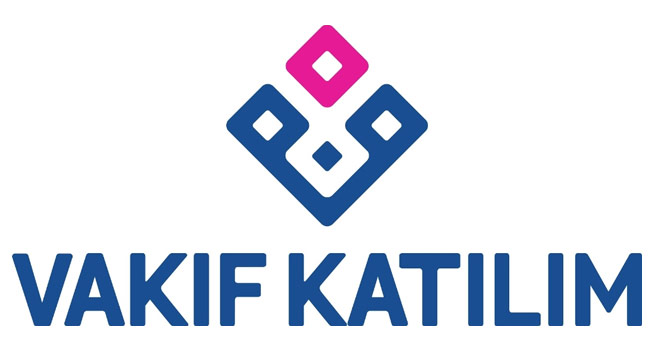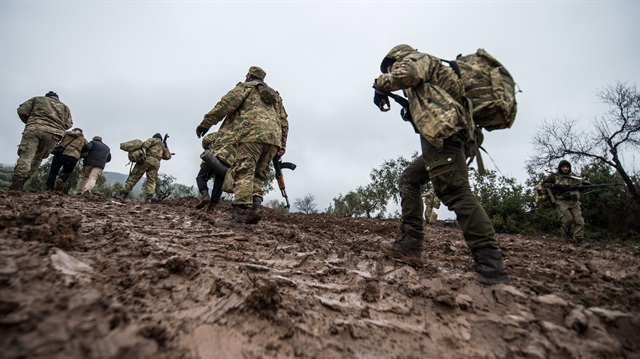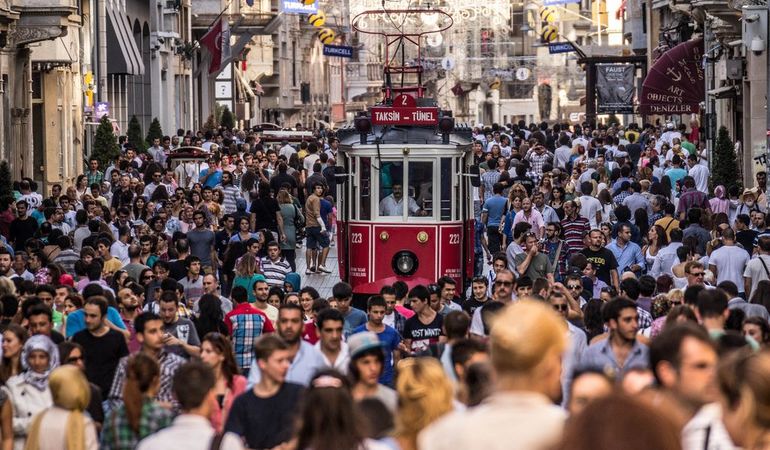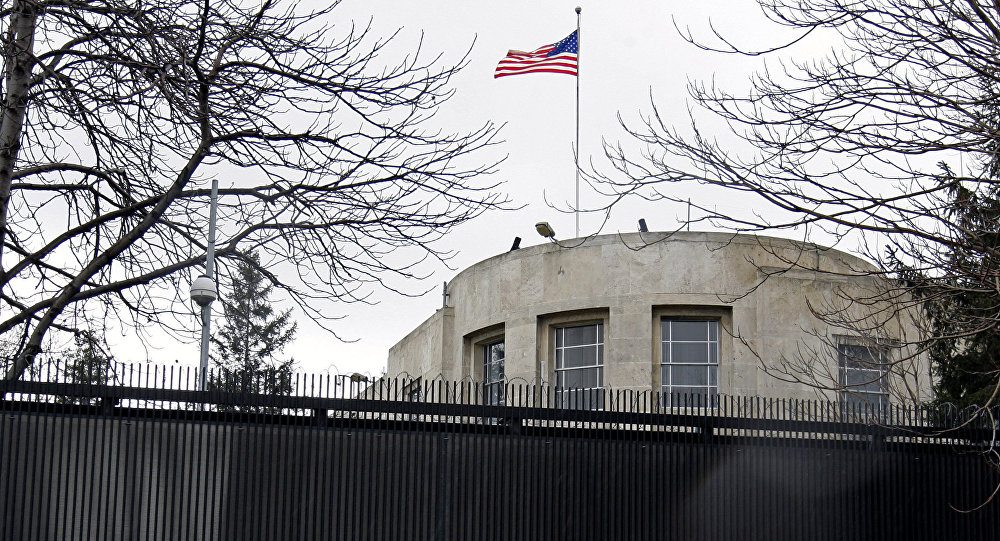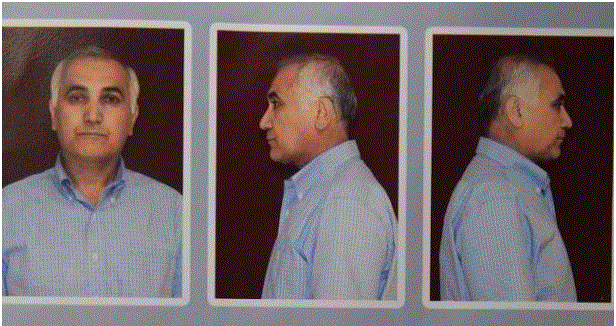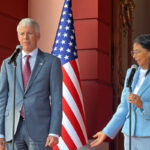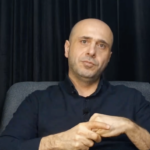The discussion in the last two articles on Turkish state institutions, the police, and my street-level experiences of the past fifteen years relates to the larger problem of where Turkish institutions are heading. As I’ve tried to emphasize, modern Turkish state institutions have been under construction since the mid-19th century, and much remains to be done. In fact, I would argue that the election results of the past three years illustrate clearly that the majority of Turkish people want better-functioning institutions, and will vote for the political party/parties that they think will deliver that to them. At the moment, the AKP is that party, but nothing mandates that this situation cannot change — other than the political opposition’s rampant incompetence. In sum, stronger, more capable, more transparent and democratically accountable institutions are one of the main things that Turkish citizens are voting for when they cast a ballot for the AKP.
But the desires of Turkish citizens seem to contradict the hot topics in contemporary political science. Since the Cold War’s end a lot of academic and journalistic rhetoric has been devoted to the claim that the modern nation-state is on its last legs, and that a new era of decentralized freedom for the world’s peoples was nigh. Even British historian Eric Hobsbawm, on the cusp of the 21st century, thought that the modern nation-state’s preponderance peaked in the 1960s, had been in decline since, and was faced with a cloudy future (1).
My experience in Turkey suggests something different. Because Turkey’s state institutions never achieved the capabilities of Western states, and because Turkish life standards, measured by a variety of indicators, never reached the same levels as in the West, we should expect the nation-state construction process to keep going in Turkey. In other words, Turkish state institutions, and the Turkish state overall, will most likely become stronger in the near future. Some readers might be surprised by this idea, but the reality is that Turkish nationalism and the state institutions molded with Kemalist ideology have never been finished projects. In the first place, Turkish nationalism and Kemalism were never comprehensive ideologies that could establish a consistent world-view for Turkish citizens. They were always a hodge-podge of convenient concepts that could be easily tweaked in response to political contingencies. That was in addition to the fact that Turkish society is, even today, mind-bogglingly diverse. Forcefully applying a single identity top-down onto Turkish society, in retrospect, was probably an unwise step.
Furthermore, Turkish modernization, until recently, was a project of state elites, carried out despite the mass of Turkish citizens, not in accordance with their wishes. The Gramscian “historical bloc” (2) was the premier beneficiary of Turkish state institutions, and every time a political party representing the mass aspirations of Turkish society took initial steps to dismantle elite domination of state institutions, the military stepped in. Subsequently, Turkish state institutions never became fully modern democratic institutions that were transparent or staffed by civil servants working with a professional attitude under a merit-based system. Results included corruption, incompetence, and an overall lack of capability. The shoddy condition of the police when I first encountered them more than fifteen years ago simply exemplified the entire situation.
Turkish citizens see that strong, transparent, democratic state institutions can secure political peace and rule of law, and provide social prosperity to a far greater portion of Turkish society than has so far benefited from modernity. Because the AKP has provided many improvements to Turkish society, and with an approach that is more closely tied to the values and attitudes of a majority of Turkish society, citizens have continued to vote for that party. But the process of forcing changes onto Turkish state institutions, essentially dispossessing the “historical bloc” and then weeding out their usurpers, the Gülenists, has been (to put it mildly) rocky.
Just as importantly, I suspect that Turkey is far from alone in the world. Much, if not most of the world outside of the Western European societies (which includes the U.S., Canada, etc.) and Japan never achieved strong state institutions, and the resultant socio-political problems and comparatively lower life standards are motivators for those societies to eventually achieve stronger state institutions. For this reason, predictions of the nation-state’s demise seem to have been hasty, or made from a perspective that did not fully take into account the non-Western world’s experiences.
Again, my personal experiences inform my conclusion. Twenty years ago my first travel abroad was for a year at the American University in Cairo, Egypt. Even then I understood that Egypt was largely controlled by an elite centered on the military and the state bureaucracy; that elite reasserted its control over the Egyptian state in 2013. In other words, Egypt features a Gramscian “historical bloc” social formation similar to Turkey’s, but with differences traceable to Egypt’s specific socio-cultural and historical experiences. And what I’ve learned from my Pakistani students, and my general knowledge of that country, suggest that Pakistan is also in a similar situation, but with a society that is more than twice as large as Turkey’s or Egypt’s. In other words, many societies around the world seem to have only partially constructed modern state institutions, and the difficult process of strengthening those institutions and democratizing them lies ahead (3). For that reason, the nation-state may not be the endangered species that some commentators have claimed.
In Turkey’s case, now that Gülen’s cult is being extirpated from state institutions, attention has to be devoted to finally carrying out institutional reforms that will provide stronger, more professional state institutions that can provide high-quality services to Turkish citizens. Politicians from the AKP say that this is what they are trying to do, so we will be able to judge their efforts in the coming years. As I’ve mentioned in previous articles, the Turkish police’s professional performance has been improved over the past three years, so I can point to a concrete example. But much remains to be done. The results that the AKP achieves in the coming years (if they do) may be the party’s most important historical legacy.
NOTES
(1) The New Century, 31-40.
(2) See: Hasan Bülent Kahraman, Türk Siyasetinin Yapısal Analizi (A Structural Analysis of Turkish Politics), Vol. 1, pp. 121-160.
(3) I should mention that I am not suggesting that Daron Acemoğlu and James Robinson’s Why Nations Fail is an accurate assessment of contemporary problems. Their argument, which is that weak state institutions are the basic reason for all world problems, indeed all basic problems in human history, is incredibly simplistic. Obviously, state institutions are an important reason for the difficulties that many societies in today’s world face, but improving them is not the single panacea for the world’s ills. Besides, state institutions themselves are far more complicated as human organizations than what these authors suggest. For the original dissection of that text’s problems, see the discussion carried out between the authors and Jared Diamond in the New York Review of Books: http://www.nybooks.com/articles/2012/06/07/what-makes-countries-rich-or-poor/; http://www.nybooks.com/articles/2012/08/16/why-nations-fail/
Yazıyı beğendiysen, patronumuz olur musun?
Evet, çok ciddi bir teklif bu. Patronumuz yok. Sahibimiz kar amacı gütmeyen bir dernek. Bizi okuyorsan, memnunsan ve devam etmesini istiyorsan, artık boş olan patron koltuğuna geçmen lazım.
Serbestiyet; Türkiye'nin gri alanı. Siyah ve beyazlar içinde bu gri alanı korumalıyız. Herkese bir gün gri alanlar lazım olur.




